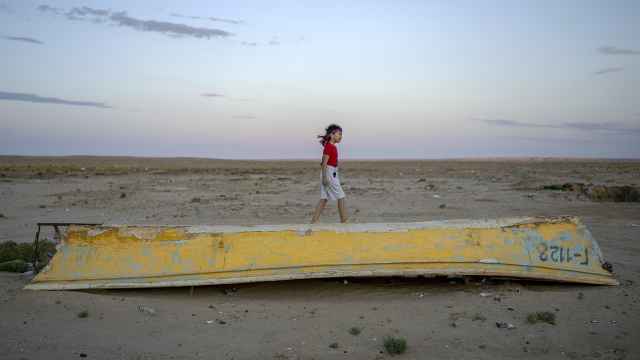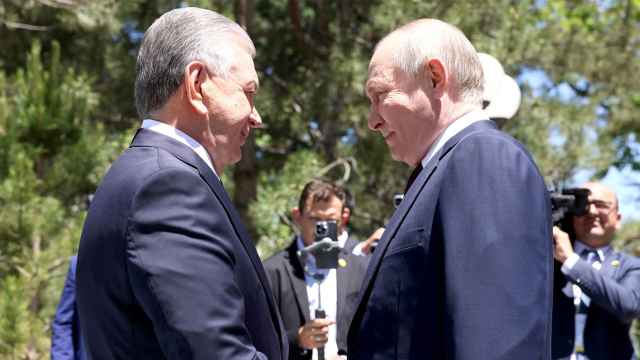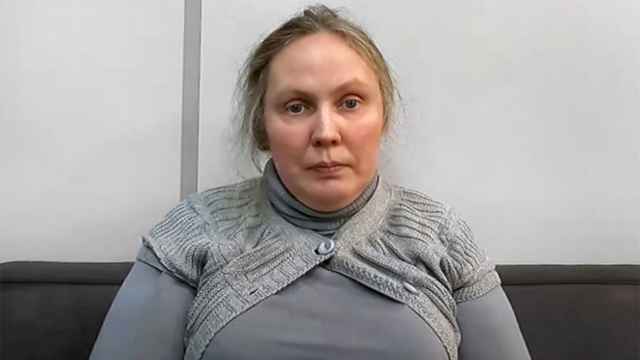A Finnish doctor who assessed late Uzbek President Islam Karimov’s condition after his Aug. 27 stroke has shed light on the apparent political machinations surrounding the president’s death.
Juha Hernesniemi, a world-renowned neurosurgeon from Finland, was flown into Tashkent by the Uzbek government shortly after Karimov’s hospitalization to give consultations on the president’s condition. In an interview with the Finnish Broadcasting Company, the neurosurgeon said he found that Karimov was “in practical terms” already “brain dead,” RFE/RL reported.
Hernesniemi’s account reveals that Karimov’s condition was much more serious than the Uzbek government admitted until right before his death. It also hints at the possibility that Tashkent made efforts to stage-manage the president’s death and keep him alive, either through medical interventions or a fictional narrative, until after Sept. 1, the 25th anniversary of Uzbekistan’s independence from the Soviet Union.
The surgeon’s revelation also helps explain why several top experts on Uzbekistan received word from insider sources about Karimov’s death a few days before the official announcement.
According to Hernesniemi, after he and other medical experts from Germany, Monaco, and Russia gave their opinions, the “power game” began as Uzbek officials struggled to find a successor.
As rumors about Karimov’s demise spread throughout the media, the Uzbek leader remained on life support and officials released no further statements about his health, although Karimov’s youngest daughter, Lola Karimova-Tillyaeva, hinted on social media that he was still alive. Then, on the morning of Sept. 2, the Uzbek government announced that Karimov’s condition had deteriorated and was now considered “critical.” That evening, after many preemptive media reports of Karimov’s death, Uzbek television announced that the president had died at 8:55 p.m. local time.
A Message from The Moscow Times:
Dear readers,
We are facing unprecedented challenges. Russia's Prosecutor General's Office has designated The Moscow Times as an "undesirable" organization, criminalizing our work and putting our staff at risk of prosecution. This follows our earlier unjust labeling as a "foreign agent."
These actions are direct attempts to silence independent journalism in Russia. The authorities claim our work "discredits the decisions of the Russian leadership." We see things differently: we strive to provide accurate, unbiased reporting on Russia.
We, the journalists of The Moscow Times, refuse to be silenced. But to continue our work, we need your help.
Your support, no matter how small, makes a world of difference. If you can, please support us monthly starting from just $2. It's quick to set up, and every contribution makes a significant impact.
By supporting The Moscow Times, you're defending open, independent journalism in the face of repression. Thank you for standing with us.
Remind me later.






